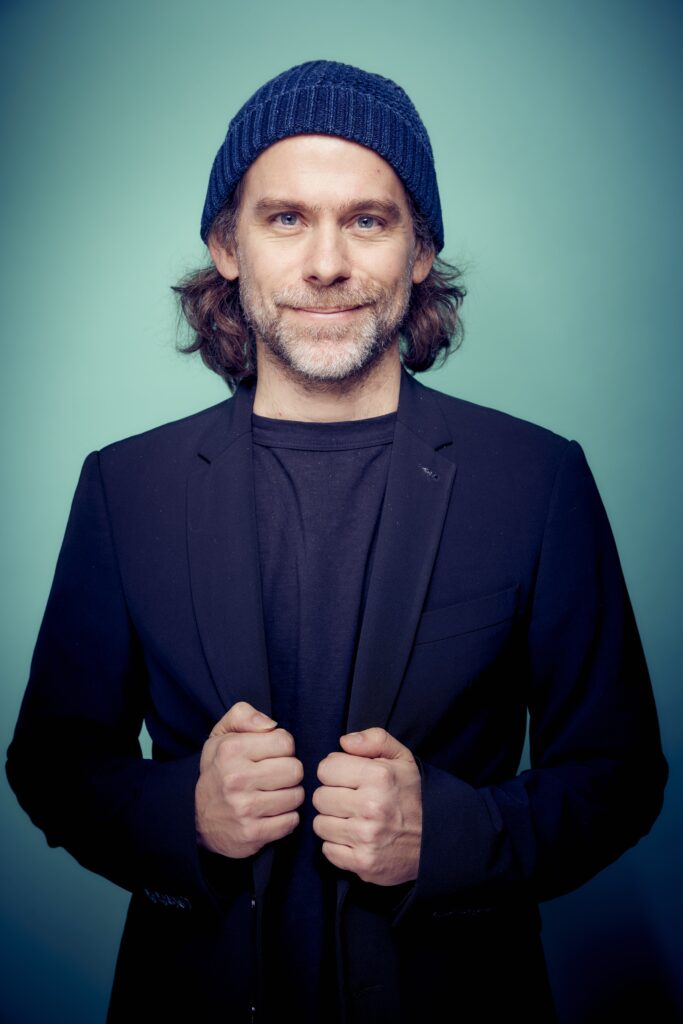
In a quick 1-2 punch after talking with Daniel Blumberg (The Brutalist), Bryce Dessner (The National, The Revenant, The Two Popes) joins The Film Scorer podcast! Bryce released two scores last year, for the films Sing Sing and We Live In Time. However, Bryce and I were under a tight time constraint and so had to pick and choose what we chatted about; no time for a classic rambling conversation. As such, we spend much of our conversation covering his score for Sing Sing. This includes, among other things, choosing to focus the music on nature and escapism (rather than the more obvious matching of the prison setting), making space for the performers, and the film’s equitable compensation system. Of course, we still manage to pack a lot in, so we cover quite a bit more as well, both about Sing Sing and various unexpected topics.
I hadn’t really realized how large a body of other work Bryce had on top of his work for film and with The National, including ballet, opera, concertos, and a ton of other pieces. We lead into this by talking about his commentary on his recent album “Solos”, and he ends by comparing the evolution of a film score cue with that of a concerto; the former needs to make its point in seconds, the latter has many minutes. It’s an interesting distinction that further marks how different the approaches are in scoring compared to other music styles (he makes a similar point when discussing writing songs).
Bryce’s score, and much of his other music, is available on all major platforms. Sing Sing was released earlier last year and will be re-released in theaters (at least in the US) on January 17. You can find out more about Bryce on his website.
Have a listen to our conversation below or wherever you get your podcasts (including Spotify and Apple Podcasts). Enjoying these interviews? Show the love by subscribing and leaving a rating or review!
About Sing Sing
“Divine G (Colman Domingo), imprisoned at Sing Sing for a crime he didn’t commit, finds purpose by acting in a theatre group with other incarcerated men. When a wary outsider joins the group, the men decide to stage their first original comedy, in this stirring true story of resilience, humanity, and the transformative power of art, starring an unforgettable ensemble cast of formerly incarcerated actors.” – from A24




3 thoughts on “An Interview with Bryce Dessner”
Comments are closed.